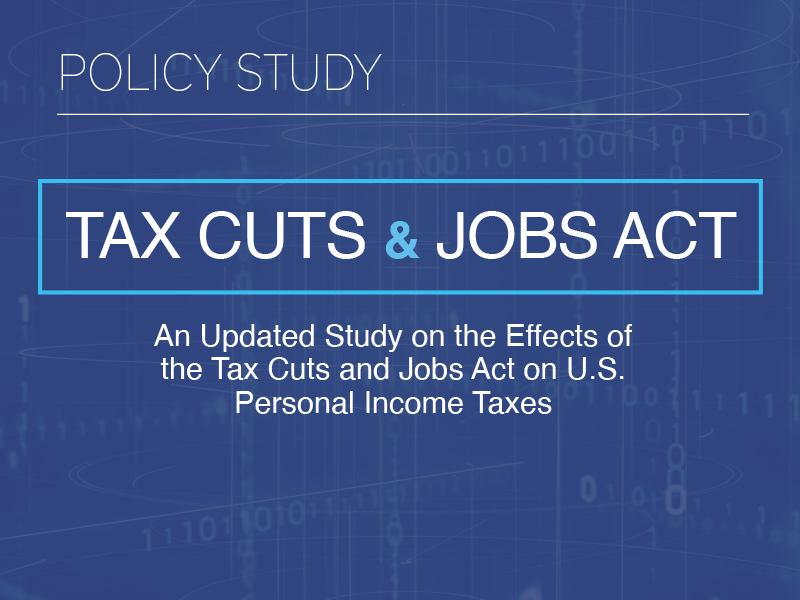As Americans stretched to pay the taxman this year, California Assemblyman Charles Calderon (D-Montebello) was working on the sly to institute a new digital tax. Such a move is not only shortsighted, but also could seriously harm the state’s competitiveness.
The Committee on Revenue and Taxation rejected the bill in mid-April, but Calderon, who chairs that committee, was granted a “reconsideration” vote that could change the bill’s status.
It’s no secret that the digital economy is a key driver of California’s economic growth, so it is rather shocking to see political leaders seeking to increase the regulatory and tax burden on the tech sector.
In the short term, new taxes might help battle California’s massive $8 billion deficit. In the long term, however, the results would be disastrous.
Taxes do more than raise money; they also act as a disincentive for economic activity. For instance, so-called “sin” taxes on alcohol and cigarettes are explicitly meant to raise prices and decrease sales of those potentially harmful products. A similar effect would occur if Calderon’s digital goods tax (AB 1956) was approved, and along with it would come multiple ripple effects.
Bad News
For instance, the Motion Picture Association of America worries a new digital tax would “encourage more digital piracy.” The recording industry is already taking a big hit because of the digitization of its market, and a new tax could cause irreparable damage in terms of fewer sales, lost jobs, and thereby less tax revenue.
Calderon’s tax ambitions are aimed at more than the music industry. He is also looking to tax “electronic transmissions of information.”
That definition could include movies, e-books, online courses, financial information, research data, and any other online revenue-generating activity. “Even filing your tax return would incur a tax under AB 1956,” according to Daniel Ballon, an analyst at the Pacific Research Institute. (See article page 4.)
That’s not exactly uplifting news for those who use online services such as TurboTax to make paying taxes easier.
A new digital tax would put California companies at a serious competitive disadvantage. The California Chamber of Commerce, which opposes the bill, points out that because of a U.S. Supreme Court ruling on mail-order companies, “in-state companies will be required to collect the new Internet tax while out-of-state companies will not.”
That would make being located in California a disadvantage and drive high-paying technology jobs out of state, ironically resulting in lower tax revenues.
Hiding the Tax
Perhaps the worst thing about Calderon’s bill is that he tried to circumvent the regular process for creating a new tax, which requires a two-thirds vote of the legislature.
He attempted to hide this new tax from voters by giving a bureaucratic agency authority to enact new rules. Fortunately, legislators such as Assemblywoman Fiona Ma (D-San Francisco) rejected this madness, but the fight may not be over.
Meanwhile, here are some points for legislators to consider. The argument that government is going broke is a bad excuse to saddle overtaxed Americans and tech companies with new burdens.
The tech sector provides high-paying jobs, which in turn reward the state with tax revenues. Ever since the Internet came into commercial existence, bureaucrats and big-government types have been trying to milk it for new revenue. Instead, states should cut wasteful spending, fix inefficiencies, and become more accountable to their constituents.
Tax day has come and gone this year, but new tax threats are always on the horizon. Calderon should be ashamed for using trickery to target one of California’s most productive sectors.
Sonia Arrison ([email protected]) is a senior fellow in technology studies at the Pacific Research Institute in San Francisco, California. An earlier version of this article appeared on Tech News World. Reprinted with permission.



